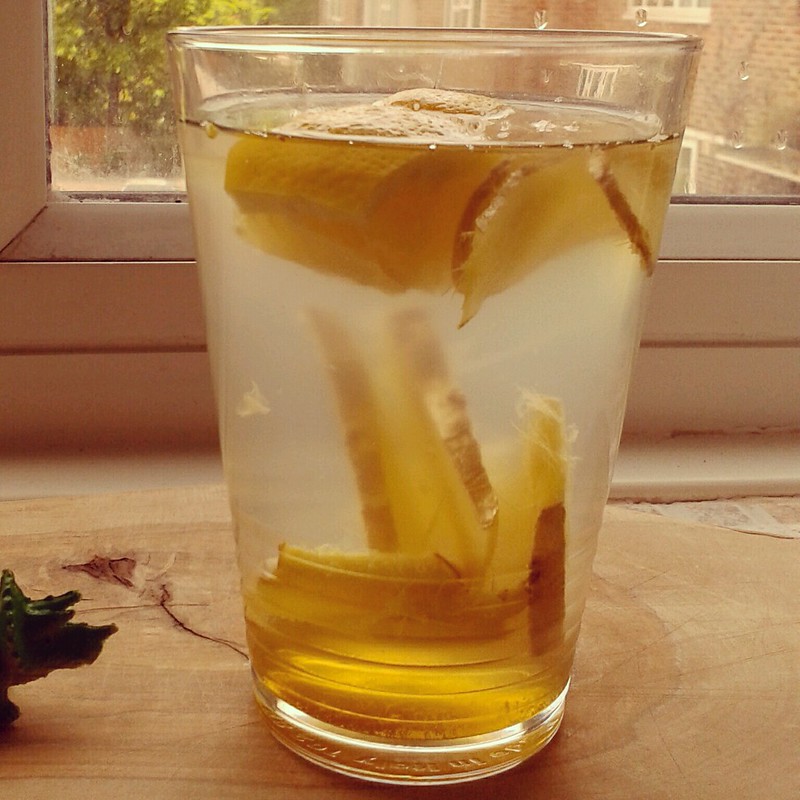Diverticula are small, bulging pouches that can form in the walls of the digestive tract, particularly in the colon. While most people with diverticula don’t experience symptoms, some may develop diverticulitis, which causes inflammation and pain. Fortunately, several home remedies can help manage diverticular disease and alleviate discomfort. Here are 10 effective strategies to support your digestive health naturally.
1. Increase Fiber Intake
Why it works: Fiber helps soften stool, reducing pressure on the colon and preventing diverticula from becoming inflamed.
How to use it: Incorporate high-fiber foods such as fruits, vegetables, whole grains, beans, and legumes into your diet. Aim for 25-30 grams of fiber daily.
Pro Tip: Gradually increase fiber to avoid bloating and discomfort.
2. Stay Hydrated
Why it works: Drinking plenty of water helps soften stool, making it easier to pass and reducing the risk of flare-ups.
How to use it: Aim to drink at least 8 glasses (64 ounces) of water each day. You may need more if you’re consuming higher amounts of fiber.
Pro Tip: Avoid caffeinated or sugary drinks, as they can dehydrate the body.
3. Use Probiotics
Why it works: Probiotics support gut health by balancing good bacteria, which can improve digestion and reduce inflammation.
How to use it: Include probiotic-rich foods such as yogurt, kefir, sauerkraut, or kimchi in your diet. Alternatively, consider taking a probiotic supplement.
Pro Tip: Choose probiotics with multiple strains of bacteria for broader digestive support.
4. Incorporate Healthy Fats
Why it works: Omega-3 fatty acids have anti-inflammatory properties, which can help soothe inflammation in the colon caused by diverticulitis.
How to use it: Add foods rich in omega-3s, such as salmon, walnuts, chia seeds, and flaxseeds, to your meals.
Pro Tip: Try taking fish oil supplements if you don’t regularly eat omega-3-rich foods.
5. Try Herbal Teas
Why it works: Certain herbal teas, such as chamomile, peppermint, and ginger tea, can help reduce inflammation and soothe digestive discomfort.
How to use it: Drink a cup of herbal tea after meals to aid digestion and reduce bloating.
Pro Tip: Avoid caffeinated teas, as they can irritate the digestive system.
6. Consume Bone Broth
Why it works: Bone broth is rich in collagen and amino acids, which can help heal the lining of the digestive tract and reduce inflammation.
How to use it: Drink a cup of homemade or store-bought bone broth a few times a week for its healing properties.
Pro Tip: Add vegetables and herbs to bone broth to enhance flavor and nutritional benefits.
7. Practice Stress-Reduction Techniques
Why it works: Chronic stress can disrupt digestion and exacerbate digestive issues. Reducing stress can improve overall gut health.
How to use it: Practice relaxation techniques like deep breathing, meditation, or yoga to manage stress levels.
Pro Tip: Incorporate a daily mindfulness practice to help reduce long-term stress.
8. Avoid Trigger Foods
Why it works: Some foods can irritate the colon and trigger symptoms of diverticulitis. Avoiding these foods can help prevent flare-ups.
How to use it: Limit or avoid spicy foods, processed meats, nuts, seeds, and popcorn, which can irritate the digestive system.
Pro Tip: Keep a food diary to identify specific foods that trigger your symptoms.
9. Consider Turmeric
Why it works: Curcumin, the active compound in turmeric, has anti-inflammatory properties that can help reduce inflammation in the colon.
How to use it: Add turmeric to your meals or drink turmeric tea. You can also take curcumin supplements for targeted relief.
Pro Tip: Pair turmeric with black pepper to enhance absorption in the body.
10. Get Regular Exercise
Why it works: Regular physical activity helps improve digestion, prevent constipation, and maintain a healthy weight, all of which are beneficial for managing diverticular disease.
How to use it: Engage in activities like walking, cycling, or swimming for at least 30 minutes most days of the week.
Pro Tip: Start with light exercises if you’re not used to working out, and gradually increase intensity over time.
Conclusion
Diverticula can cause discomfort, but with these 10 home remedies, you can support your digestive health and reduce the risk of flare-ups. From increasing fiber intake and staying hydrated to incorporating stress-reduction techniques and healthy fats, these natural remedies can help you manage diverticular disease effectively.
Which of these remedies have you tried? Let us know in the comments below!

